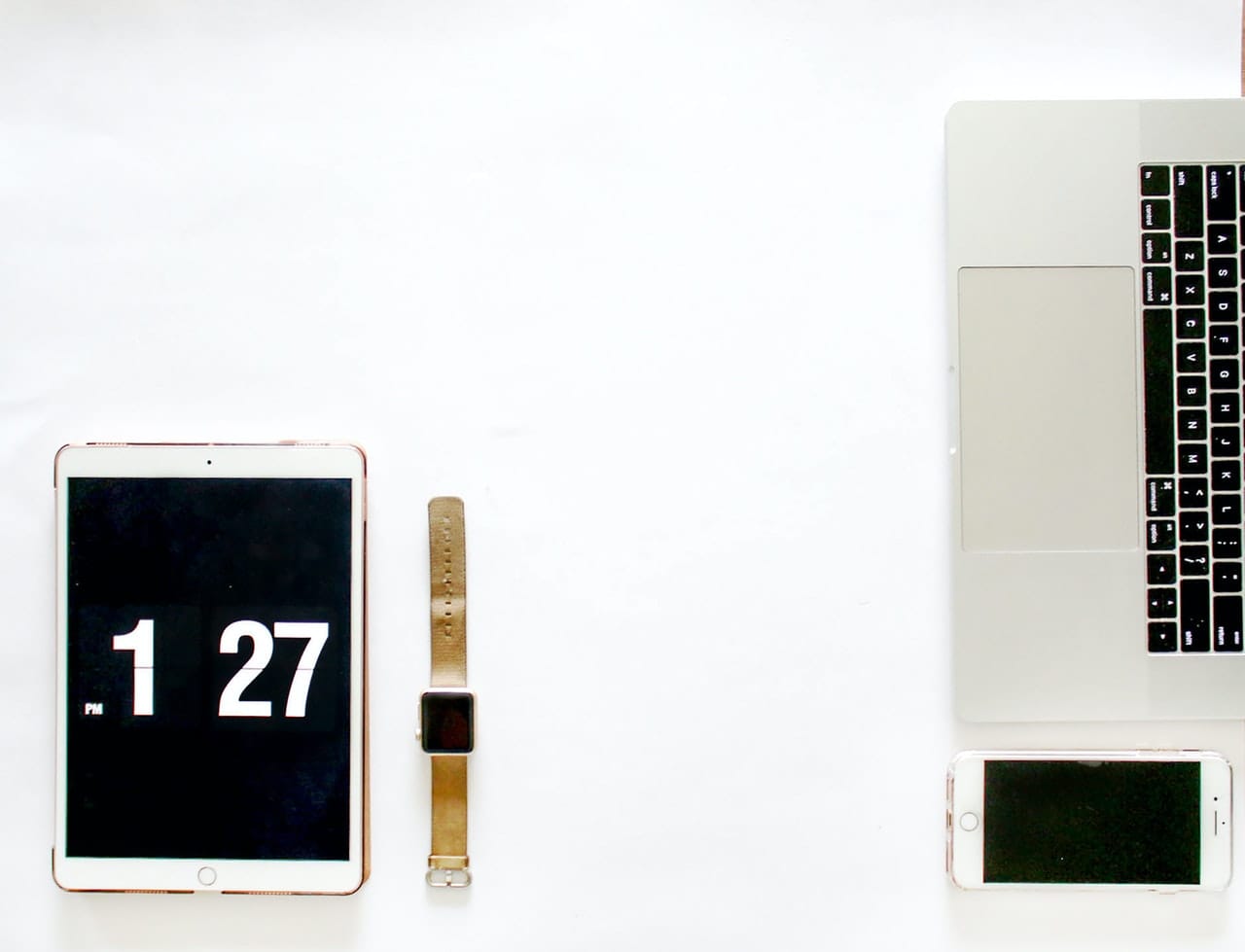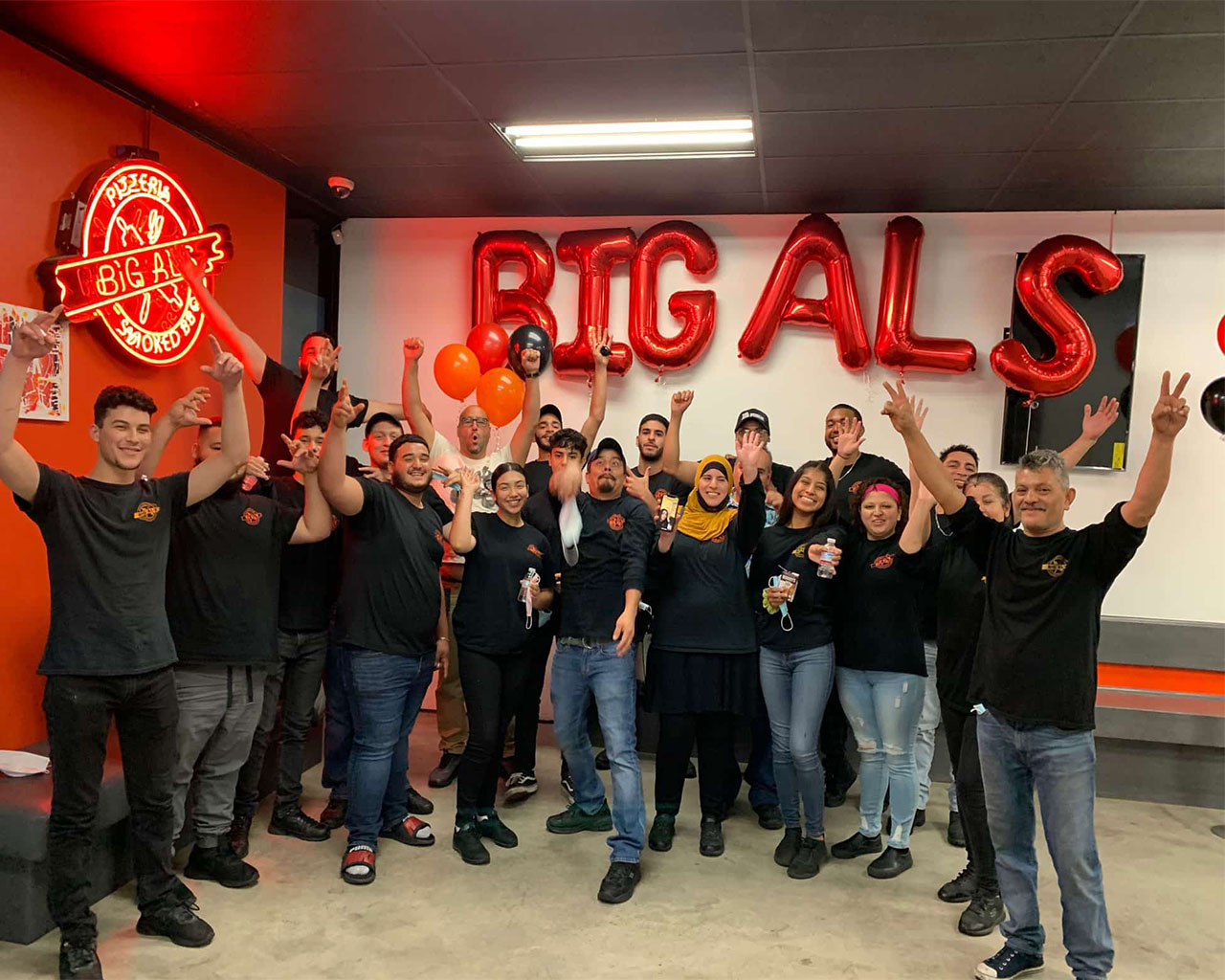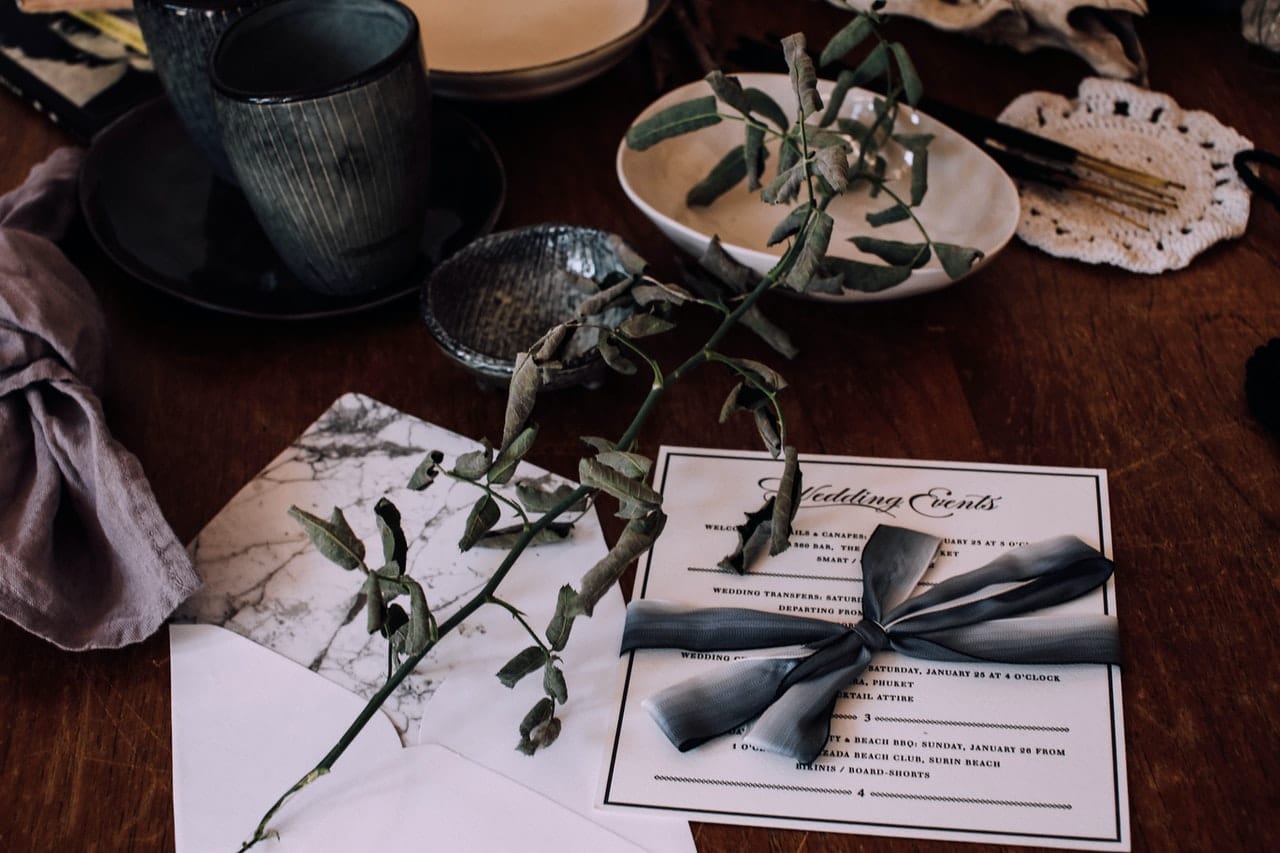You only get one chance at making a first impression. And when on the employment hunt, this impression is formed within minutes of sitting down for an interview. While you may be carrying numerous accolades under your belt, and an impressive oeuvre to show for it, your resume amounts to nothing without the ability to charm your interviewer and convey that you’re more than qualified for the job.
Sitting down with a stranger who happens to hold your future in their hands, along with your carefully crafted resume, is no easy task. You peruse your long packet of prepared notes, pop a mint or two, and hope that you’re not too awkward when responding to questions. While there is no way to have a perfect response for every question thrown your way, there are many factors to consider when preparing for an interview in order to demonstrate you are the most suitable person for the position.
The interview begins even before you get to the interview room. By getting your affairs in order prior to your appointment time and properly planning out your day, you can keep your mind at ease and avoid frantically looking through your portfolio before the interview. Because you never know who could be in the parking lot with you, standing beside you on the elevator, or at the sink next to you in the bathroom, you must always maintain your best interview composure.
Often times, hiring managers ask their receptionists what they thought of the person waiting to be interviewed. By sitting in a position that allows them to have a profile view of you, they are more likely to feel more comfortable and recall a positive impression.
Prepare a pitch. There a few common questions that seem to always appear during the course of an interview, from the likes of “Can you tell me a little about yourself?” to “What are your strengths and weaknesses?” It is important to study these questions beforehand and think critically of your responses. Rehearse a 2-3 line pitch in your head, highlighting the experiences and accomplishments you would like the interviewer to know about.
Know your interviewer and the prospective position. By studying both the position and the person interviewing you, you can appear to be a more desirable candidate for the job. Consider the “Halo Effect Bias,” which occurs when an applicant aims to create a favorable first impression on an interviewer.
Find a common ground and use it to your advantage, such as a shared interest or characteristic, for instance, attending the same university, having a younger sibling, speaking the same language, and a love of food and/or traveling, amongst many other conversational points. In doing so, the interviewer may overlook the shortcomings of your resume or interview and remember the “bonding” moment you shared.
Understand the subjectivity of the process. Much like speed dating, interviews vary depending on the position, the interviewer, and the person being interviewed. While you may be confident that you have prepared for every possible aspect of the interview, there is an unpredictable factor you must account for- intrinsic emotion. As human beings, we inherently develop feelings toward people based on immediate interaction, and these feelings often influence our decision making process.
Every day, a clueless, yet highly qualified and experienced individual walks into an interview, confident that he or she is the ideal candidate for a job and somehow leaves feeling depleted and confused. This occurs on account of interviewer bias, which happens to even the most earnest interviewers.
Show, rather than tell. While your first instinct may be to whisper sweet nothings in your interviewer’s ear, please take a moment before doing so, as to refrain from triggering “Cultural Noise Bias.” This occurs when candidates for a job say exactly what they think will get them the job. By channeling into stories that exemplify your positive attributes and further shed light on specific character traits, you become more memorable while providing the necessary evidence to prove that you are perfect for the position.
Your resume is the “tell,” listing qualities from “teamplayer” to “innovative thinker,” and your interview is the “tell all,” or the opportunity to bring those qualities to life. Before entering the interview room, have three brief stories mentally prepared that properly demonstrate why you are the best candidate for the job. Become the storyteller and everything else will fall into place.
Master the art of body language. Most times, people can pick up energies from observing one’s body language. Be aware of your body when you enter an interview, because once the nerves kick in, you may find yourself with a concerned look on your face, playing with your hair, or making poor eye contact. Sitting tall, having a strong handshake, and smiling throughout the meeting are excellent ways to set the scene for a successful first interview. Nonverbal communication speaks volumes in the interview room, as interviewers are aware of these behavioral cues as an honest and accurate indication of one’s character and confidence.
Because the person conducting your interviewer most likely has practice analyzing and observing behavior while speaking with an applicant, it is important to set the right tone from the moment you walk in. Be sure to arrive early, refrain from browsing through notes, and maintain your calm, cool and collected composure. By appearing relaxed and confident, you will be able to put your interviewer at ease in the early moments before the interview begins.
Mirror your interviewer’s speech and behavior. By picking up on behavioral cues exuded in the initial moments of meeting with your interviewer, you can get an idea of how formal the interview is, and act based upon this observation. People trust those who appear most similar to themselves. If he or she sits up straight or sets their arm on the table, mirror these seemingly minor body movements. Adopting the same behavior establishes a relationship of rapport and trust based on similarities in body language.









